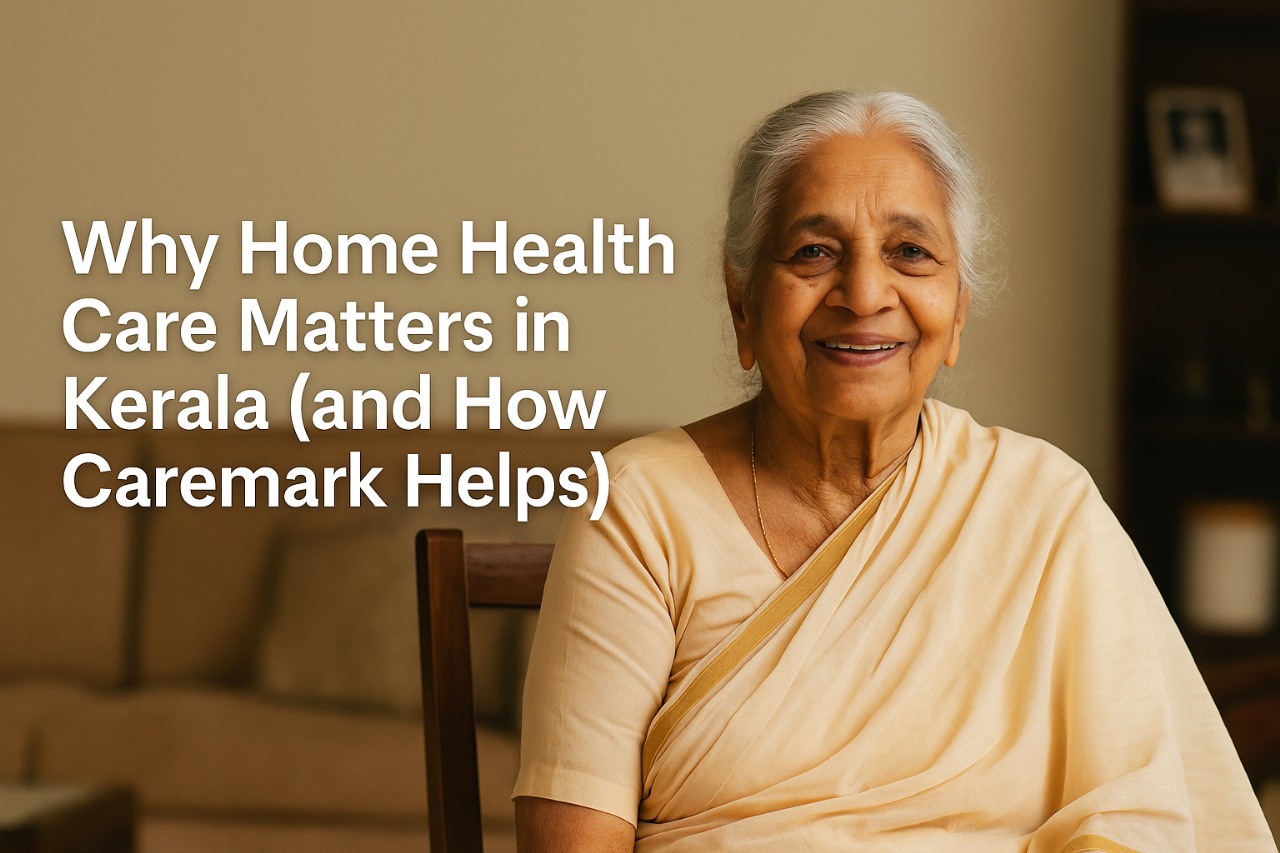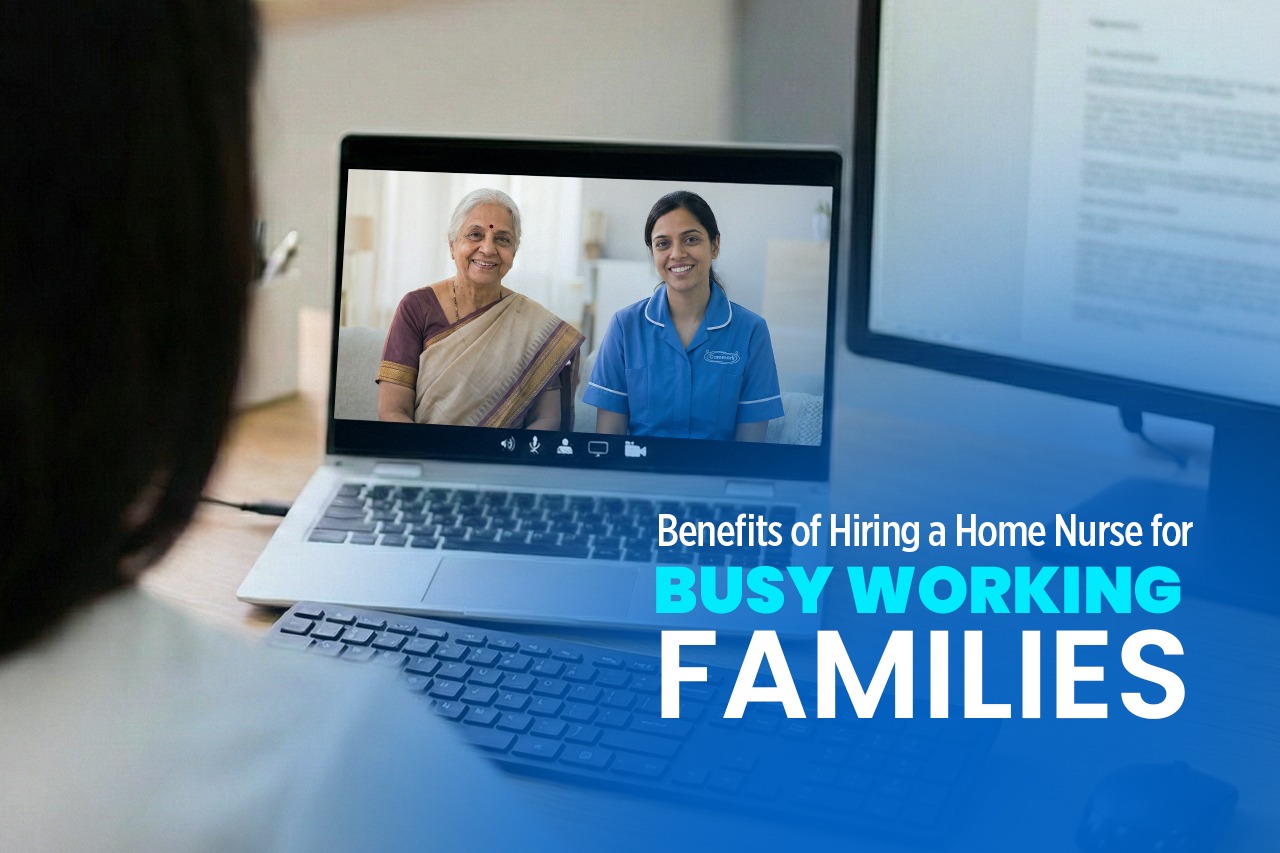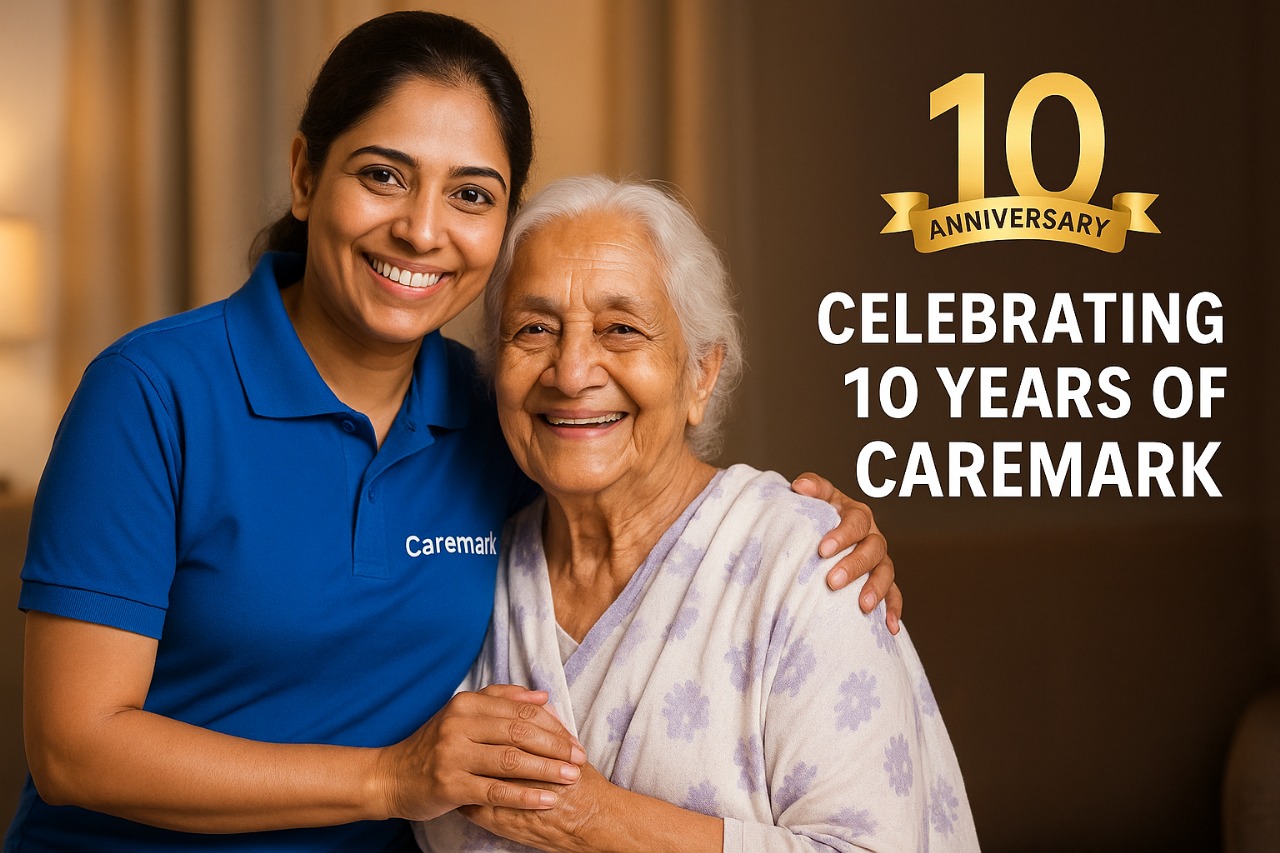Why Home Health Care Matters in Kerala (and How Caremark Helps)
If you’ve ever cared for an aging parent or a loved one recovering from surgery, you already know this truth: healing feels easier at home. Familiar walls, favorite routines, the comfort of family—it all adds up. In Kerala, where families are tight-knit and elders hold a special place at the center of our lives, home health care isn’t a luxury; it’s becoming essential.
At Caremark, we’ve spent years inside Keralite homes—supporting elders with chronic conditions, helping families juggle work and caregiving, and stepping in during difficult moments. As a trusted home nurse agency in Kochi, we understand how important it is to bring both professional expertise and compassion into every household. In this post, let’s explore what home health care really means, how it’s different from “just a nurse at home,” and how to decide what kind of support your family might need.
What is home health care (really)?
Home health care brings professional care services—from basic assistance to clinical support—directly to your home. It could be as simple as daily help with bathing and meals or as specialized as post-stroke care, wound care, dementia support, physiotherapy, and end-of-life care (palliative).
Think of it as a continuum of support:
- Companionship & daily living support: conversation, reading, light exercise, reminders to hydrate/eat, help with bathing, grooming, and dressing.
- Skilled nursing: medication administration, catheter care, wound dressing changes, vitals monitoring, and diabetes/pressure management.
- Condition-specific care: dementia routines and safety, Parkinson’s mobility support, cancer care at home, and post-operative recovery.
- Allied therapies: physiotherapy, speech therapy, and diet guidance.
The right plan is tailored to the person, not the diagnosis.
Why families in Kerala are choosing home care
- Comfort and dignity: Elders remain in their own environment, with their routines respected.
- Fewer hospital visits: Good home monitoring can prevent complications and unnecessary readmissions.
- Family-friendly: Care plans can flex around work schedules and travel.
- Cost clarity: You pay for the care you need, not for a hospital bed.
Most importantly, home care complements—not replaces—your family’s love and involvement. That’s why families who have experienced the best home care service in Kochi often describe it to us as “peace of mind delivered home.”
“Caregiver” vs “Nurse” vs “Physiotherapist”: Who does what?
- Healthcare Assistant (HCA/Caregiver): Trained to help with personal care, mobility, hygiene, companionship, nutrition, and routine monitoring.
- Nurse: Handles clinical tasks—medications, injections, wound care, catheter/PEG care, tracheostomy care (as applicable), and clinical assessments.
- Physiotherapist/Other Therapists: Work on mobility, strength, speech, swallowing, and function restoration.
At Caremark, a care manager builds the plan, our field care supervisors check quality in the field, and our nursing trainer upskills the team and supports complex cases.
How we design a care plan (step by step)
- Home assessment: We meet the family and understand routines, safety risks, mobility, medications, and goals.
- Personalized plan: We recommend the right mix of hours, skills, and routines.
- Right match: We allocate a trained caregiver/nurse who fits the language, gender preference, and skill needs.
- Onboarding & training: The case-specific do’s & don’ts are briefed.
- Monitoring & reviews: Field supervisors make visits/calls; we adjust the plan based on progress.
Common scenarios we support
- Post-hospital recovery
- Dementia and Parkinson’s
- Palliative care at home
- Long-term elder support
The Caremark difference
- UK-inspired systems adapted for Kerala homes.
- Structured training and field supervision.
- Clear protocols for hygiene, medication safety, and incident handling.
- Transparent communication with families.
Care begins where you are.



